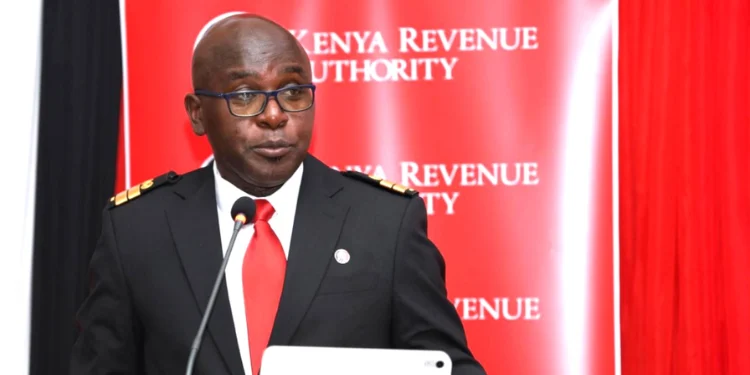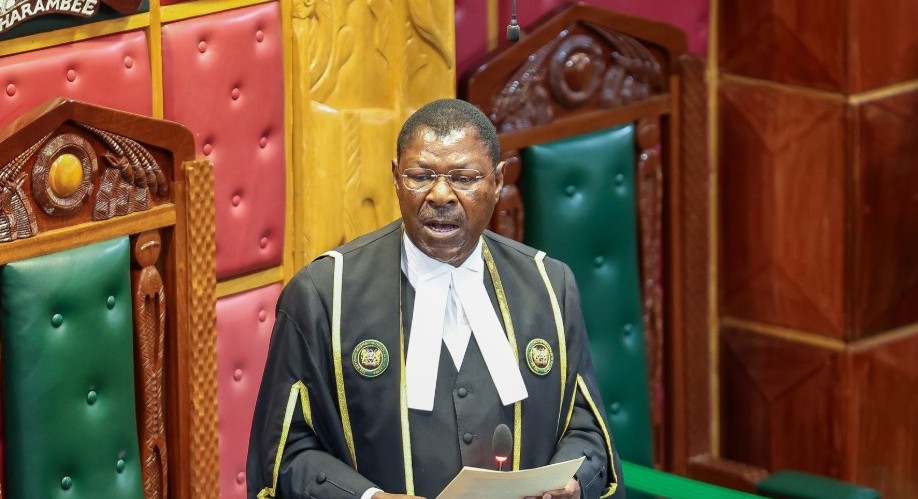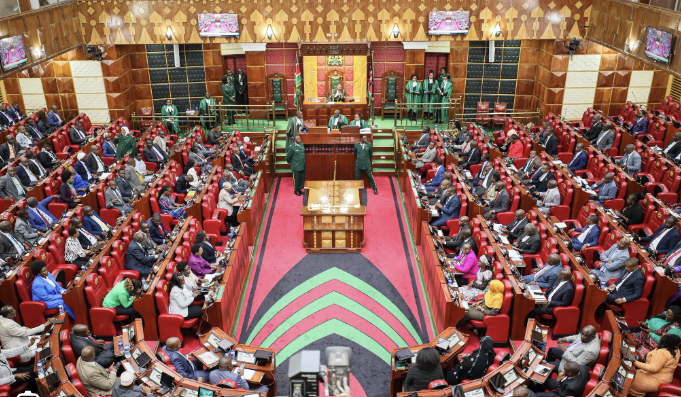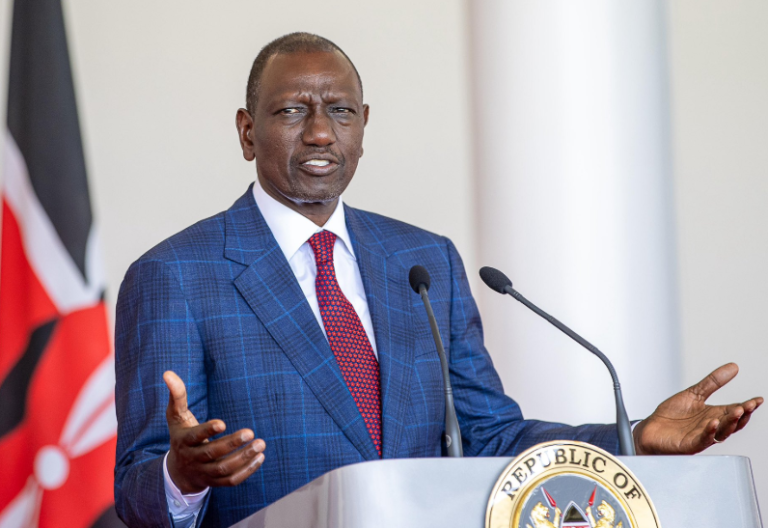A startling government audit has revealed that the National Treasury illegally collected KSh1.8 billion in fees through the eCitizen platform—raising grave concerns over governance and public accountability.
The explosive findings emerged in a special audit report released today, exposing widespread irregularities in fee collection that flagrantly violated legal directives.
The extra charges, imposed without authorization, point to systemic failures in oversight and control. The audit highlights a pattern: public users were billed inflated transaction fees, funneling excess sums into state coffers.
The magnitude of this breach has sparked outrage, as citizens unknowingly footing the bill for unlawful surcharges. Inside sources in the audit team warned that the illegal collection was not a one-off. While the official figure stands at KSh1.8 billion, the actual diversion could be significantly higher.
The audit calls into question not only official oversight but the integrity of digital service management. This scandal arrives at a politically sensitive moment, with the government pushing hard on digitization under its flagship modernization agenda.

Rather than boosting public trust, the revelation threatens to erode confidence in e‑governance initiatives. Critics argue that the unauthorized revenue grab undermines the push for transparency and efficiency. Government officials are under intense pressure to respond.
Audit committee members in parliament have demanded swift explanations—INSISTING that the Treasury disclose how it calculated the extra charges and who authorised them. Calls for immediate refunds and disciplinary action are mounting.
Treasury officials are reportedly working on a response strategy, though no official statement has yet been issued. As of now, there is no public explanation for how the illegal fees were applied or which administrative offices sanctioned the scheme.
Kenyans are now demanding accountability. The audit has ignited widespread political and civic backlash. Advocacy groups are threatening legal action, while opposition MPs say the episode could trigger formal investigations into senior Treasury executives.
With the government yet to clarify the scope of the irregularity, the situation remains volatile. The next few days are critical: Kenyans await answers, possible restitution, and assurances that digital platforms cannot be used as covert revenue streams.
This major audit shockwave casts long shadows over the integrity of Kenya’s digitization agenda—and sets the stage for urgent debate on public trust, secrecy in digital services, and the rightful limits of eCitizen’s role in state revenue mobilization.










Leave a Reply